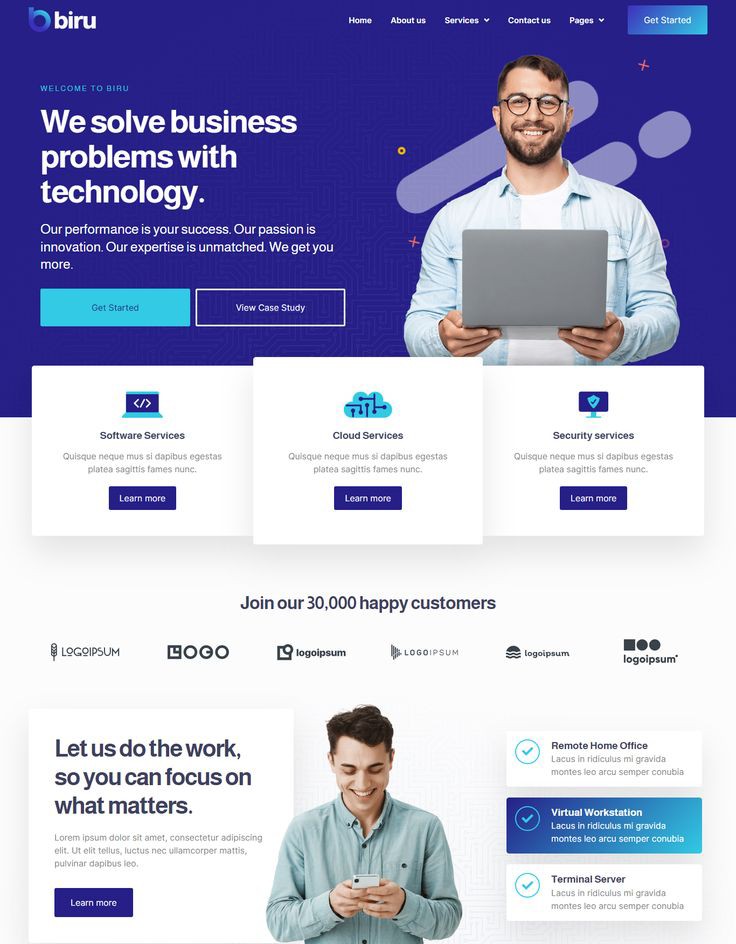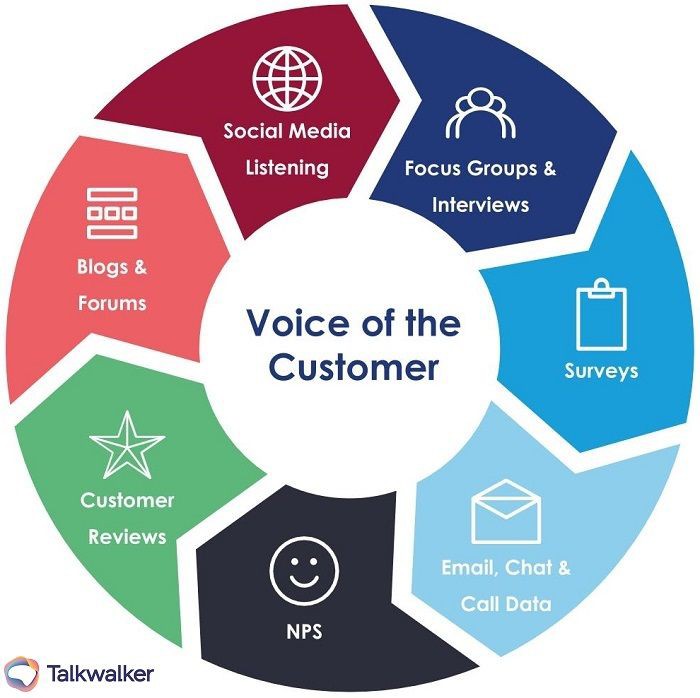
In the fast-paced world of digital marketing, intuition alone isn’t enough to stay ahead of the competition. To truly succeed, you need data. Data-driven decisions are the backbone of effective digital marketing strategies, enabling you to optimize your efforts, maximize your ROI, and achieve your business goals. By leveraging analytics, you can gain valuable insights into your audience, measure the performance of your campaigns, and make informed decisions that drive success.
In this blog, I’ll explore how data-driven decisions can empower your digital marketing and help you navigate the complexities of the online world.
Why Data-Driven Decisions Matter in Digital Marketing
Data-driven decisions allow you to move from guesswork to strategy, ensuring that every marketing move you make is backed by hard evidence. Here’s why it’s so important:
- Informed Strategy: Data provides insights into what works and what doesn’t, allowing you to refine your marketing strategies for better results.
- Targeted Marketing: Analytics help you understand your audience’s preferences, behaviours, and needs, enabling you to create more personalized and effective marketing campaigns.
- Improved ROI: By analysing data, you can allocate your resources more efficiently, focusing on the strategies that deliver the highest returns.
The Role of Analytics in Digital Marketing
Analytics tools are the foundation of data-driven decision-making in digital marketing. Here’s how they empower your success:
1. Understanding Your Audience
The first step in any successful marketing strategy is knowing your audience. Analytics tools like Google Analytics provide detailed insights into who your audience is, where they come from, and how they interact with your website.
- Demographics and Interests: Discover the age, gender, location, and interests of your website visitors.
- Behavioural Insights: Track how users navigate your site, which pages they visit, and how long they stay.
- Source Tracking: Identify the channels that drive the most traffic to your site, whether it’s organic search, social media, or paid ads.
2. Optimizing Your Campaigns
Once you understand your audience, the next step is to optimize your campaigns. Analytics help you measure the effectiveness of your marketing efforts, so you can make data-driven adjustments.
- Conversion Tracking: Monitor the conversion rates of your landing pages, forms, and call-to-action buttons. Identify which elements are performing well and which need improvement.
- A/B Testing: Use A/B testing to experiment with different versions of your ads, emails, or website elements. Analytics will show you which version performs better, allowing you to optimize for higher conversions.
- Attribution Models: Understand how different marketing channels contribute to conversions. This helps you allocate your budget to the channels that drive the most value.
3. Personalizing the Customer Experience
Personalization is key to engaging customers and driving loyalty. With data analytics, you can create tailored experiences that resonate with your audience.
- Segmentation: Divide your audience into segments based on behaviour, demographics, or purchase history. This allows you to deliver more relevant content and offers to each segment.
- Dynamic Content: Use analytics to determine what content resonates most with different segments of your audience. Implement dynamic content on your website or in your emails to automatically show the most relevant information to each visitor.
- Predictive Analytics: Leverage predictive analytics to anticipate customer needs and behaviours. This allows you to proactively offer solutions, enhancing the customer experience.
4. Enhancing SEO and Content Marketing
SEO and content marketing are crucial for driving organic traffic. Analytics play a vital role in optimizing these efforts.
- Keyword Performance: Track the performance of your target keywords and adjust your content strategy accordingly. Analytics show you which keywords drive traffic and conversions, helping you refine your SEO efforts.
- Content Engagement: Measure how users interact with your content. Identify the types of content that generate the most engagement, and use this insight to inform your content creation strategy.
- Traffic Sources: Understand which content pieces are driving traffic from various sources (e.g., social media, search engines). Use this data to amplify your distribution efforts.
5. Measuring and Reporting Success
Finally, data-driven decisions are all about continuous improvement. Analytics allow you to measure the success of your digital marketing efforts and report on key metrics.
- KPIs and Dashboards: Set up key performance indicators (KPIs) that align with your business goals. Use dashboards to track these metrics in real-time, making it easy to see how your campaigns are performing.
- Regular Reporting: Create regular reports that summarize your digital marketing performance. This helps you communicate results to stakeholders and make informed decisions about future strategies.
- Continuous Improvement: Use data insights to continuously refine your marketing tactics. Whether it’s tweaking your SEO strategy, adjusting your ad spend, or updating your website design, data-driven decisions ensure that your marketing efforts are always evolving.
Tools for Data-Driven Decision Making
To make the most of data-driven decisions in digital marketing, you need the right tools. Here are some essential analytics tools to consider:
- Google Analytics: The go-to tool for tracking website traffic, user behaviour, and conversion rates.
- Google Search Console: Provides insights into your website’s search performance, helping you optimize for better visibility.
- HubSpot: Offers comprehensive analytics for inbound marketing, including SEO, content, and email marketing.
- Hootsuite: Tracks social media performance and engagement, allowing you to optimize your social media strategy.
- Tableau: A powerful data visualization tool that helps you analyse and present data in a clear, actionable way.
Conclusion: Empower Your Digital Marketing with Data
Data-driven decisions are the key to unlocking the full potential of your digital marketing efforts. By leveraging analytics, you can gain a deep understanding of your audience, optimize your campaigns, and continuously improve your strategies. This approach not only boosts your brand’s visibility and engagement but also ensures that you’re making the most of your marketing budget.
In the ever-changing digital landscape, data is your most valuable asset. So, embrace analytics, make informed decisions, and watch your digital marketing success soar.
Are you ready to empower your digital marketing with data? Start leveraging analytics today and take your business to the next level!








